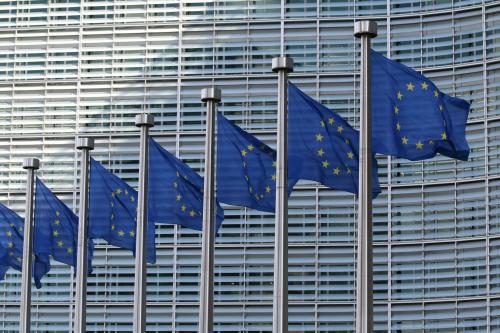The Commission’s annual report to Congress shows an historic $15 million paid out to whistleblowers in fiscal year 2013
The chance to report misconduct among corporate chieftains and fellow employees, and profit personally too, is proving too good an opportunity to pass up. In fiscal year 2013 the SEC's whistleblower program paid nearly $15 million to people who volunteered information that led to successful enforcement actions. Those actions have resulted in monetary sanctions totaling more than $1 million, according to the SEC’s 2013 annual report to Congress released late on Friday, November 15.
The number of complaints to the Office of the Whistleblower (OWB) rose to 3,238 in fiscal year 2013 from 3,001 the prior fiscal year. From the program's inception in 2010 to the end of fiscal year 2013, the SEC received more than 6,500 tips and complaints.
Congress created a separate Investor Protection Fund to pay eligible whistleblowers to ensure that their rewards would not cut into the amounts that victims of securities law violations can recover, the annual report said.
‘The program's beginning to hit its stride. There is a large pot of $439 million that's available for whistleblowers. That amount would be the largest jackpot in many state lotteries. This is the Wall Street jackpot,’ says Jordan Thomas, a partner and chair of the whistleblower representation practice at Labaton Sucharow and former assistant director of the SEC.
Although California, New York and Florida were home to the highest numbers of whistleblowers, the SEC received tips from across the nation, as well as in 55 foreign countries, with 13 percent coming from beyond US borders. ’Given the global nature of the financial markets, it makes sense that so many complaints are coming from abroad,’ says Thomas. ‘This shows that without a lot of advertisement, the word has gotten out about the program.’
While historically there has been a green line that financial services professionals were afraid to cross, they are more willing to do so now, given the legal protections in place, says Thomas.
The SEC has made a strong commitment to protecting the identity of those who come forward and prosecuting those who retaliate against whistleblowers, he adds. ‘The SEC has said it has the authority to enforce anti-retaliation laws and that it intends to use it. I pity the first company charged with retaliating against a whistleblower. That company will be in for a public embarrassment,’ says Thomas, an architect of the government program.
Financial fraud remains the leading offense reported by whistleblowers, according to the report. ’Some people thought that after Sarbanes-Oxley financial fraud would be reduced, but it is the number one thing reported to the SEC. Financial fraud is a persistent challenge,’ he says.
What the report fails to highlight is the high quality of the submissions, including tape recordings of senior managers and corroborative evidence that have proved damaging, says Thomas. The ability to report anonymously and the opportunity for financial rewards have been effective incentives, he adds.
On September 30, the last day of fiscal year 2013, the SEC announced its largest award so far, more than $14 million, to a whistleblower whose information led to an enforcement action against the perpetrators that recovered substantial investor funds within six months of receiving the whistleblower’s tip. ‘That whistleblower may never have to work again,’ says Thomas.
This past summer the SEC rewarded three whistleblowers who helped the Commission shut down a sham hedge fund. One of the whistleblowers provided independent corroborating information and identified key witnesses, the report said.
Another point of pride is the clean bill of health the SEC’s Office of the Inspector General has given the program, says Thomas. As mandated by the Dodd-Frank Act, OIG audited the whistleblower program and released its report on January 18, 2013. OIG found the program to be effective and operated appropriately, calling the final rules that implement Dodd-Frank’s whistleblower provisions ‘clearly defined and user-friendly for those who have basic knowledge of securities laws,’ according to the report
’The SEC's program is gaining momentum,’ Thomas says. ‘It is likely to have a significant impact on investor protection and the individuals and companies that don't appreciate this will pay the price down the line.’








